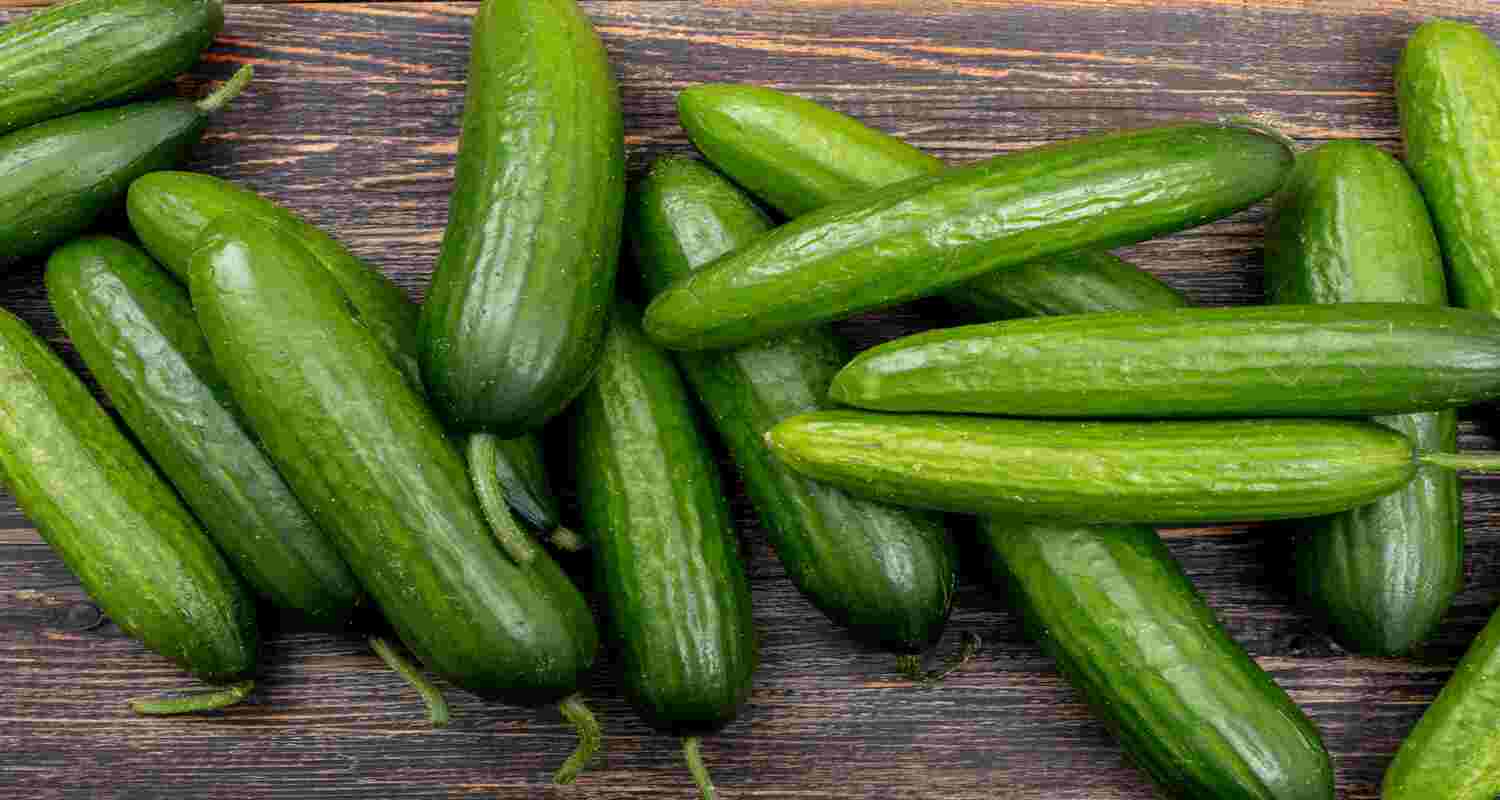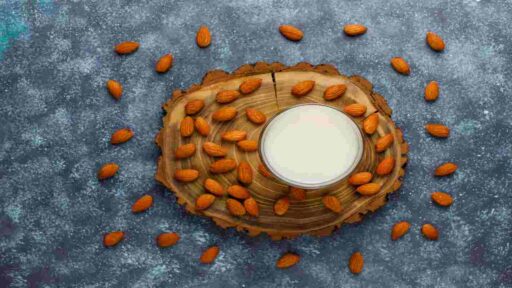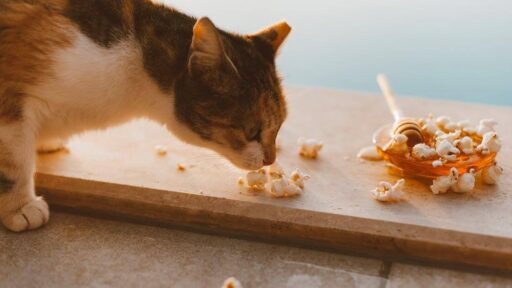Can cats eat cucumbers? When it comes to incorporating vegetables into a cat’s diet, it’s essential to choose options that are safe and suitable for feline consumption. While cats are obligate carnivores and their primary diet should consist of meat, some vegetables can be included in moderation.
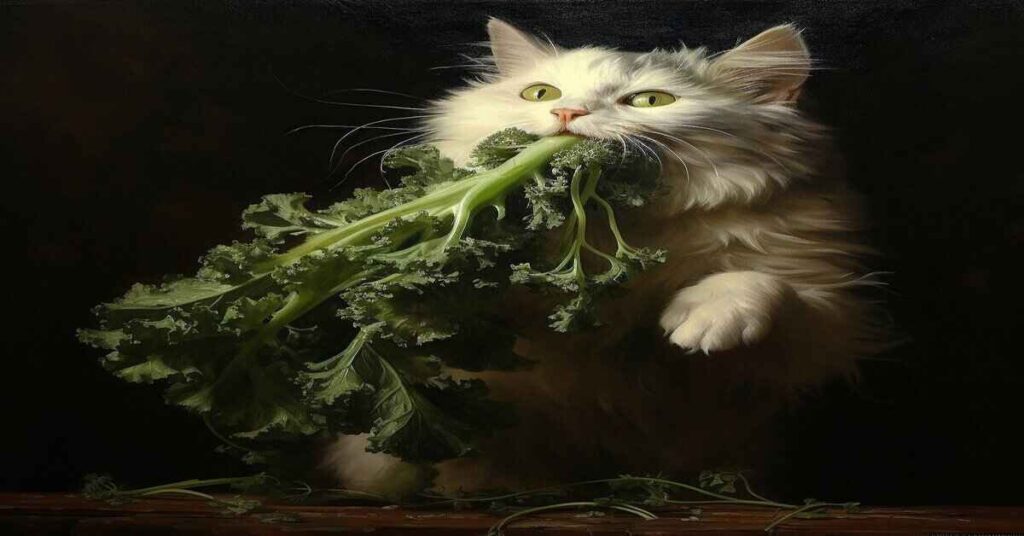
Can cats eat cucumbers?
Yes, cats can eat cucumbers in moderation, and many cats may show interest in this crunchy vegetable. Cucumbers are a low-calorie and hydrating snack. However, there are a few things to keep in mind:
- Remove Seeds and Skin:
- It’s advisable to peel the cucumber and remove the seeds before offering it to your cat. The skin and seeds can be harder to digest.
- Small Portions:
- Offer cucumbers in small, bite-sized pieces to make it easier for your cat to manage.
- Monitor for Allergies or Digestive Issues:
- Introduce cucumbers gradually, and observe your cat for any signs of allergies or digestive upset. Some cats may not like the taste or may have a mild adverse reaction.
- Not a Substitute for Cat Food:
- While cucumbers can be a refreshing treat, they should not replace the nutrition provided by your cat’s regular diet. Cats are obligate carnivores, and their primary nutritional needs are met through meat.
Potential benefits
can cats eat cucumbers? When given in moderation, it can offer a few potential benefits for cats:
- Hydration: Cucumbers have a high water content, and offering them as a treat can contribute to your cat’s overall hydration. This is particularly beneficial for cats that may not drink enough water on their own.
- Low in Calories: Cucumbers are low in calories, making them a light and healthy treat option. If you’re looking for a low-calorie snack for your cat, cucumber slices can be a good choice.
- Crunchy Texture: The crunchy texture of cucumbers may provide some cats with a satisfying chewing experience. Chewing on crunchy vegetables can also help with dental health by promoting natural tooth cleaning.
- Enrichment and Play: Some cats enjoy batting around cucumber slices or playing with them, providing a source of mental stimulation and enrichment.
- Variety in Diet: Introducing a variety of textures and flavors, even in small amounts, can add enrichment to your cat’s diet. While cats are obligate carnivores, occasional exposure to safe vegetables like cucumbers can provide a different sensory experience.
Despite these potential benefits, it’s essential to offer cucumbers in moderation and observe your cat’s reaction. Not all cats enjoy the taste or texture of cucumbers, so individual preferences may vary
Potential risks
Can cats eat cucumbers? Cucumbers can be safe for most cats in moderation, but there are potential risks and considerations to keep in mind:
- Allergies or Sensitivities:
- Some cats may be allergic or sensitive to certain compounds in cucumbers. Watch for any signs of allergic reactions, such as itching, swelling, or gastrointestinal upset, when introducing cucumbers to your cat’s diet.
- Digestive Issues:
- The skin and seeds of cucumbers can be harder to digest for some cats. Peeling and deseeding cucumbers before offering them can help reduce the risk of digestive issues.
- Dislike or Aversion:
- Not all cats enjoy the taste or texture of cucumbers. If your cat shows signs of disliking cucumbers, don’t force them to eat it. Each cat has individual preferences.
- Choking Hazard:
- Cut cucumber slices into small, manageable pieces to prevent any choking hazards. Supervise your cat while they are eating cucumbers to ensure they can handle the size and texture.
- Inappropriate Substitution:
- Cucumbers should only be given as an occasional treat and should not replace a balanced and nutritionally complete cat food. Cats are obligate carnivores, and their primary nutritional needs are met through animal protein.
If you observe any adverse reactions or if you have concerns about introducing cucumbers to your cat’s diet, it’s recommended to consult with your veterinarian.
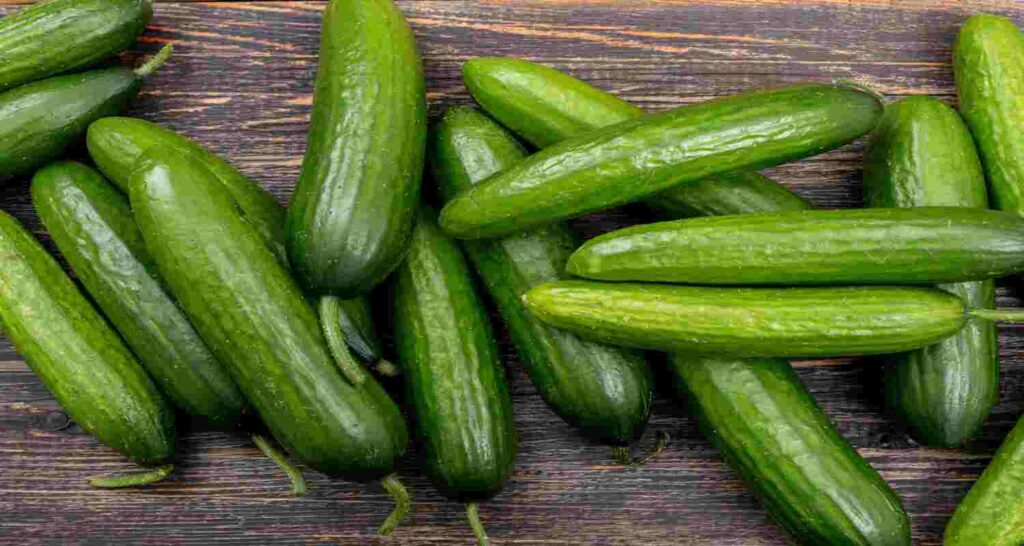
Can cats eat cucumbers? Feeding guidelines
When it comes to feeding cucumbers to your cat, it’s important to do so in moderation and with certain considerations. Here are some guidelines:
- Prepare Cucumbers Safely:
- Peel the cucumber to remove the tough skin, and deseed it to make it easier for your cat to digest. Cut the cucumber into small, bite-sized pieces.
- Introduce Gradually:
- Introduce cucumbers gradually into your cat’s diet. Start with a small amount to see if your cat likes the taste and can tolerate it.
- Observe for Reactions:
- Watch for any signs of allergies or sensitivities. If your cat shows signs of itching, swelling, gastrointestinal upset, or any adverse reactions, discontinue offering cucumbers.
- Supervise While Eating:
- Supervise your cat while they are eating cucumbers to ensure they can handle the size and texture, and to prevent any choking hazards.
- Offer as an Occasional Treat:
- Cucumbers should be offered as an occasional treat and not as a primary food source. Cats have specific dietary requirements, and the majority of their nutrition should come from a portion of balanced cat food.
- Consult with Your Veterinarian:
- If you have any concerns or questions about incorporating cucumbers into your cat’s diet, consult with your veterinarian. They can provide guidance based on your cat’s individual health and dietary needs.
- Respect Your Cat’s Preferences:
- Not all cats enjoy the taste or texture of cucumbers. If your cat shows signs of dislike, don’t force them to eat it. Each cat has individual preferences.
Remember that while cucumbers can be a low-calorie and hydrating treat, they should be just a small part of your cat’s overall diet.
Can cats eat cucumbers? Diets
Cucumbers can be a safe and low-calorie addition to a cat’s diet when offered in moderation. Ensure they are peeled, deseeded, and cut into small pieces. Monitor for any adverse reactions and remember that cucumbers should not replace a balanced cat food.
Read more about cat’s food
Can cats eat cucumbers? FaQs
Can I put cucumbers in my cat’s water?
While cats generally prefer plain water, some may find cucumber-infused water enticing. Ensure the cucumber is thoroughly washed, remove the seeds, and monitor your cat’s reaction. If they enjoy it, it can be a creative way to encourage hydration. Always provide fresh water as the primary source.
Can cats have cucumber skin?
Yes, cats can eat cucumber skin in small amounts. However, it’s essential to ensure the cucumber is thoroughly washed to remove any pesticides or contaminants. Additionally, cutting the cucumber into small, manageable pieces can make it easier for your cat to chew and digest. Monitor your cat for any adverse reactions when introducing new foods.
Can cats eat cucumber leaves?
It’s generally best to avoid letting cats eat cucumber leaves. While cucumber flesh is safe in moderation, other parts of the plant, including leaves, may contain substances that could be less suitable for cats. Stick to offering your cat the peeled and deseeded cucumber in small, bite-sized pieces to minimize potential risks. Always monitor your cat for any adverse reactions when introducing new foods.
Do cats like sliced cucumbers?
Cats have individual preferences and not all cats like sliced cucumbers. While some cats may enjoy the crunchy texture, others may be indifferent or even dislike the taste. It’s best to introduce small slices gradually and observe your cat’s reaction. If they show interest, it can be a fun and hydrating treat in moderation
Can cats be allergic to cucumbers?
Cats can be sensitive to certain substances, and some may have allergies to specific foods. However, it’s important to note that cucumbers are not typically known to cause allergies in cats. Allergic reactions in cats are more commonly associated with proteins in their diet, such as those found in certain meats or grains.
That said, some cats may have individual preferences or aversions to certain smells, tastes, or textures, including those of cucumbers. If a cat reacts negatively to cucumbers, it might be due to their natural startle response to unfamiliar objects or sounds, rather than an allergic reaction.
Always monitor your cat’s behavior and consult with a veterinarian if you have concerns about their diet or potential allergies. It’s advisable to introduce new foods slowly and in moderation, paying attention to any adverse reactions or changes in behavior.
Why are cats scared of cucumbers?
The phenomenon of cats being scared of cucumbers gained attention through viral videos where owners placed cucumbers near their unsuspecting cats. The startled reaction is often attributed to the sudden appearance of an unexpected object in their environment. Cats are naturally cautious animals, and the surprise of seeing a cucumber, which they may perceive as a potential threat, triggers a fear response.
It’s crucial to note that intentionally scaring or startling a cat is not recommended, as it can cause stress and anxiety. If you want to introduce new objects or experiences to your cat, do so gradually and in a positive manner to ensure their well-being.
Read more about cat’s phobias

